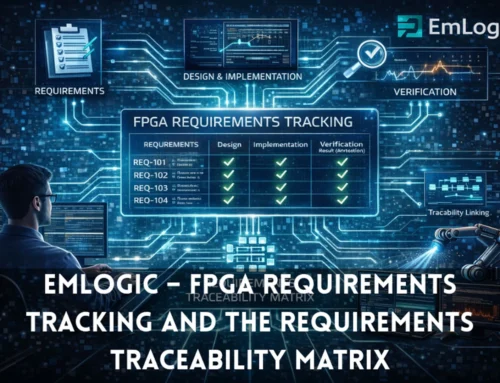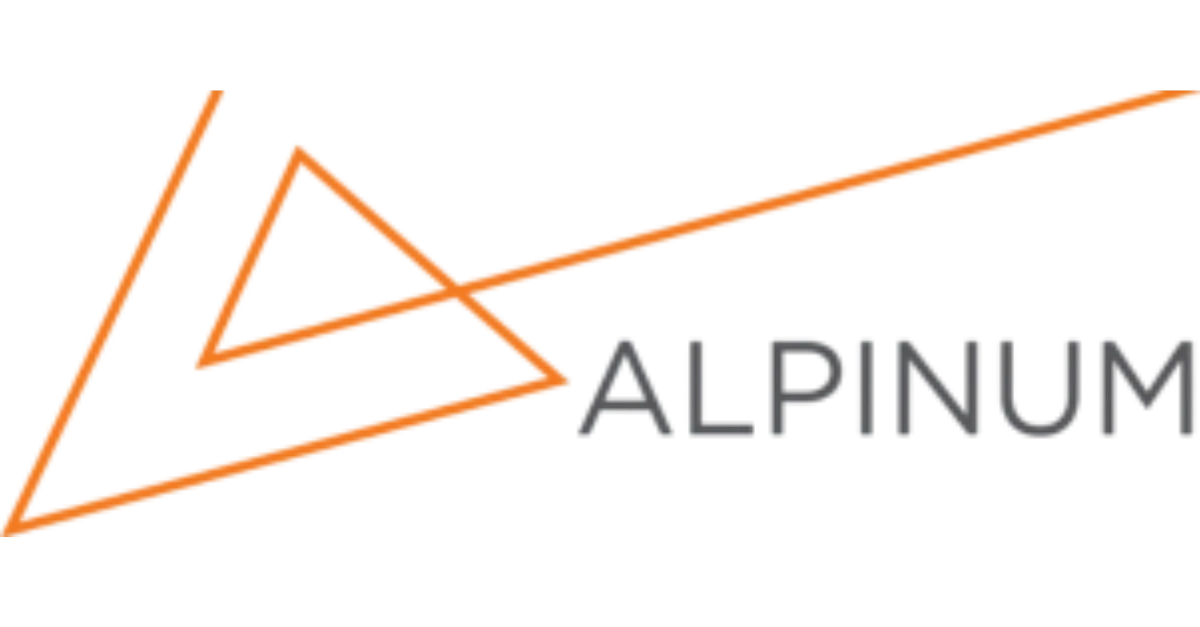Introduction
Sundance has been at the forefront of embedded computing for over 35 years, delivering Commercial Off-The-Shelf (COTS) FPGA modules designed for high- performance applications, as mentioned by Christensen and Sundance, (2024). Established in 1989, Sundance is an employee-owned company that is continuously evolving, leveraging its expertise in FPGA technology, AI acceleration, and embedded computing. With ISO 9001:2015 certification, the company ensures high-quality manufacturing and rigorous testing for cutting-edge FPGA-based solutions, supporting industries such as robotics, vision systems, and industrial automation.
Industry-First COTS FPGA Module
Sundance introduced the industry’s first COTS FPGA module in 1993 with the SMT308, a TIM40 form-factor module designed for video pre-processing, as noted by Christensen and Sundance, (2024). This innovation complemented Texas Instruments’ TMS320C40 DSPs, creating a multiprocessing system that set new standards for FPGA-based computing. By integrating Xilinx FPGA technology, Sundance established a foundation for modular, scalable embedded solutions that continue to evolve with newer technologies such as AMD Kintex UltraScale and Zynq UltraScale+ platforms.
Figure 1: INDUSTRY FIRST COTS FPGA MODULE
Technology and Product Offerings
Sundance focuses on low-volume, high-tech manufacturing, producing System-on- Modules (SoMs) for edge-AI acceleration, sensor processing, and robotics applications, as highlighted by Christensen and Sundance, (2024). Their FPGA product line includes Kintex UltraScale, Zynq UltraScale+, Artix-7, and PolarFire SoCs, offering varying performance levels, power efficiency, and security features. Each module has high-speed interfaces, secure boot capabilities, and customizable configurations, making them ideal for real-time AI inference, industrial monitoring, and advanced automation systems.
One such offering is the TE0841 Micromodule, built with AMD Kintex™ UltraScale™ KU040 FPGA, providing robust processing power for high-performance applications. This compact and efficient module is available at a starting price of €1310.00 and
£1726.00, ensuring scalability for a wide range of embedded computing needs. The figure 2 below highlights the TE0841 module’s compact form factor and connectivity options, showcasing its suitability for high-speed data processing applications.
Figure 2: KINTEX ULTRASCALE – TE0841
Open-Source and Standardized Hardware
Sundance is deeply committed to open-source hardware principles, supporting industry-standard Open Standard Module (OSM) and Harmonized FPGA Module (HFM) specifications, according to Christensen and Sundance, (2024). This approach enables developers to access circuit diagrams, firmware, and software, fostering a collaborative development ecosystem. By aligning with CERN’s Open Hardware License, Sundance ensures transparency, flexibility, and long-term support for customers building custom FPGA-based solutions.
The Future of Embedded FPGA Computing
Sundance remains committed to innovation, reliability, and scalability in the FPGA market, as emphasized by Christensen and Sundance, (2024). As edge computing, AI-driven analytics, and industrial automation continue to advance, Sundance’s COTS FPGA modules provide the flexibility and performance needed for next-generation embedded applications. By prioritizing modular designs, open standards, and high- performance computing, Sundance continues to lead the way in FPGA-based embedded solutions that meet the evolving needs of modern industries.
Note: For those interested in the latest advancements in verification technologies, the FPGA Verification Event 2025 (Verification Futures UK) offers an excellent opportunity to gain insights into cutting-edge verification practices.
References
Christensen, F. & Sundance. (2024). COTS Modules for 35 years. In Sundance. https://store.sundance.com/product/vcs3/

Written by : Mike Bartley
Mike started in software testing in 1988 after completing a PhD in Math, moving to semiconductor Design Verification (DV) in 1994, verifying designs (on Silicon and FPGA) going into commercial and safety-related sectors such as mobile phones, automotive, comms, cloud/data servers, and Artificial Intelligence. Mike built and managed state-of-the-art DV teams inside several companies, specialising in CPU verification.
Mike founded and grew a DV services company to 450+ engineers globally, successfully delivering services and solutions to over 50+ clients.
Mike started Alpinum in April 2025 to deliver a range of start-of-the art industry solutions:
Alpinum AI provides tools and automations using Artificial Intelligence to help companies reduce development costs (by up to 90%!) Alpinum Services provides RTL to GDS VLSI services from nearshore and offshore centres in Vietnam, India, Egypt, Eastern Europe, Mexico and Costa Rica. Alpinum Consulting also provides strategic board level consultancy services, helping companies to grow. Alpinum training department provides self-paced, fully online training in System Verilog, UVM Introduction and Advanced, Formal Verification, DV methodologies for SV, UVM, VHDL and OSVVM and CPU/RISC-V. Alpinum Events organises a number of free-to-attend industry events
You can contact Mike (mike@alpinumconsulting.com or +44 7796 307958) or book a meeting with Mike using Calendly (https://calendly.com/mike-alpinumconsulting).
Stay Informed and Stay Ahead
Latest Articles, Guides and News
Explore related insights from Alpinum that dive deeper into design verification challenges, practical solutions, and expert perspectives from across the global engineering landscape.








